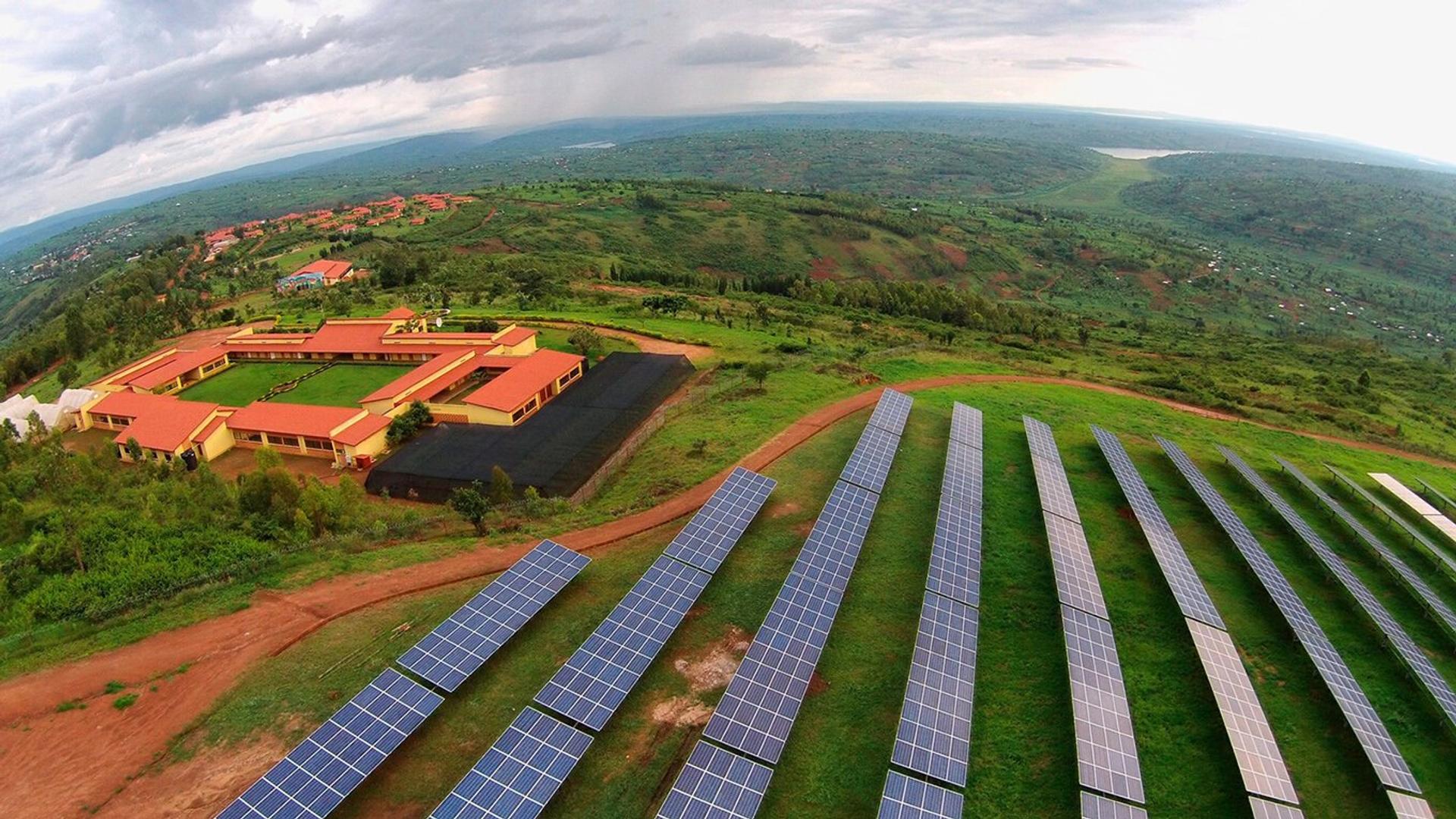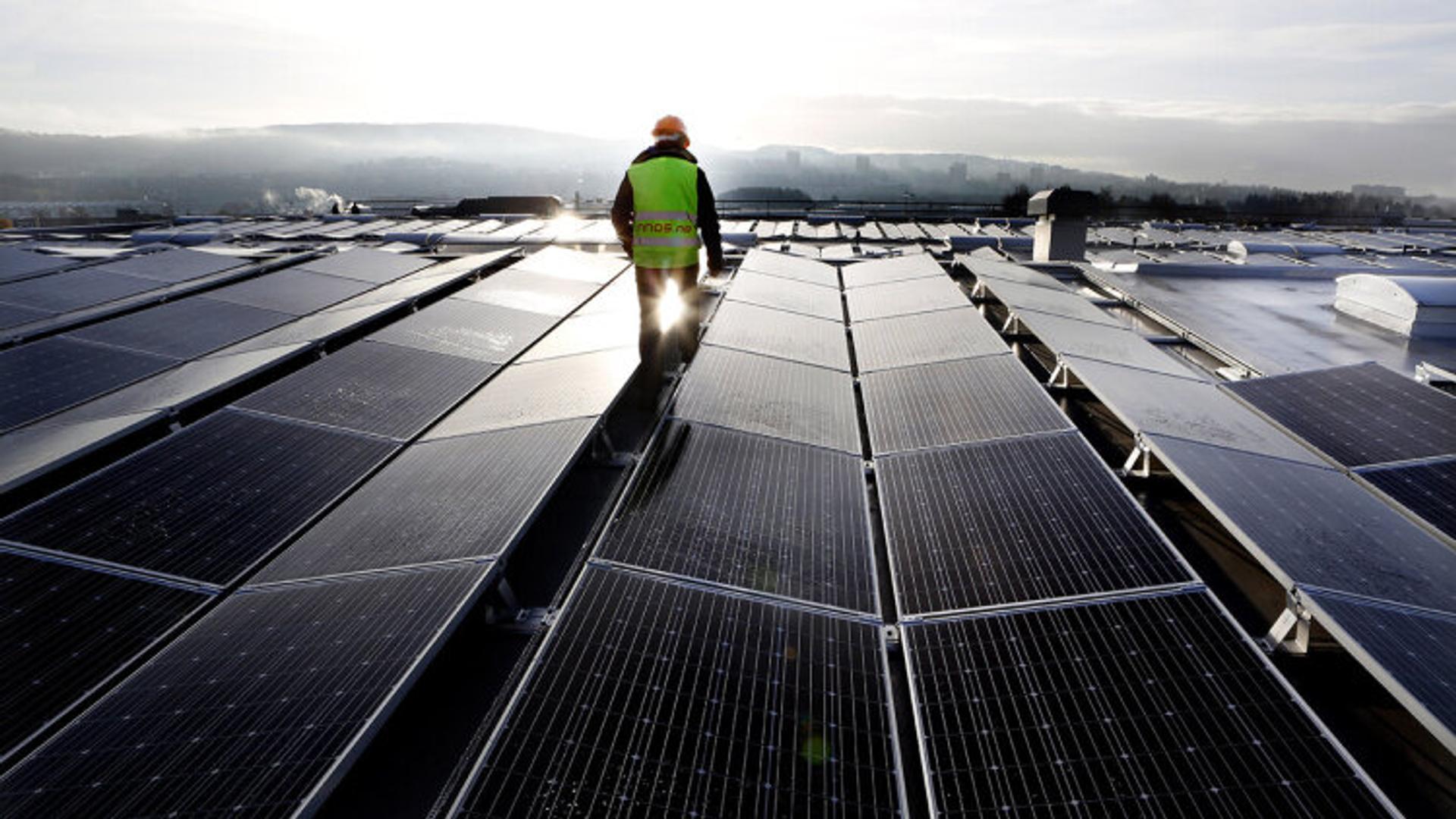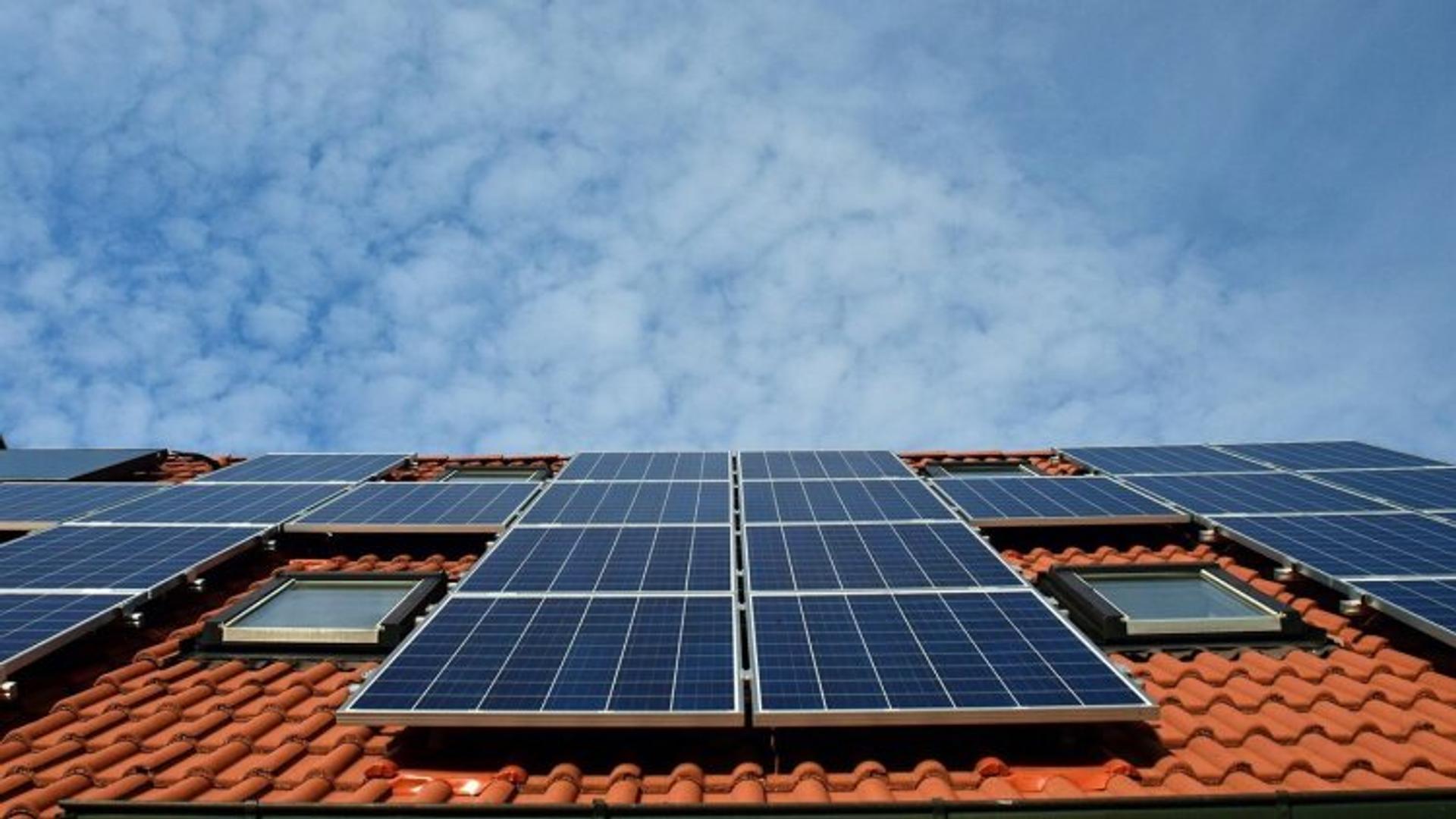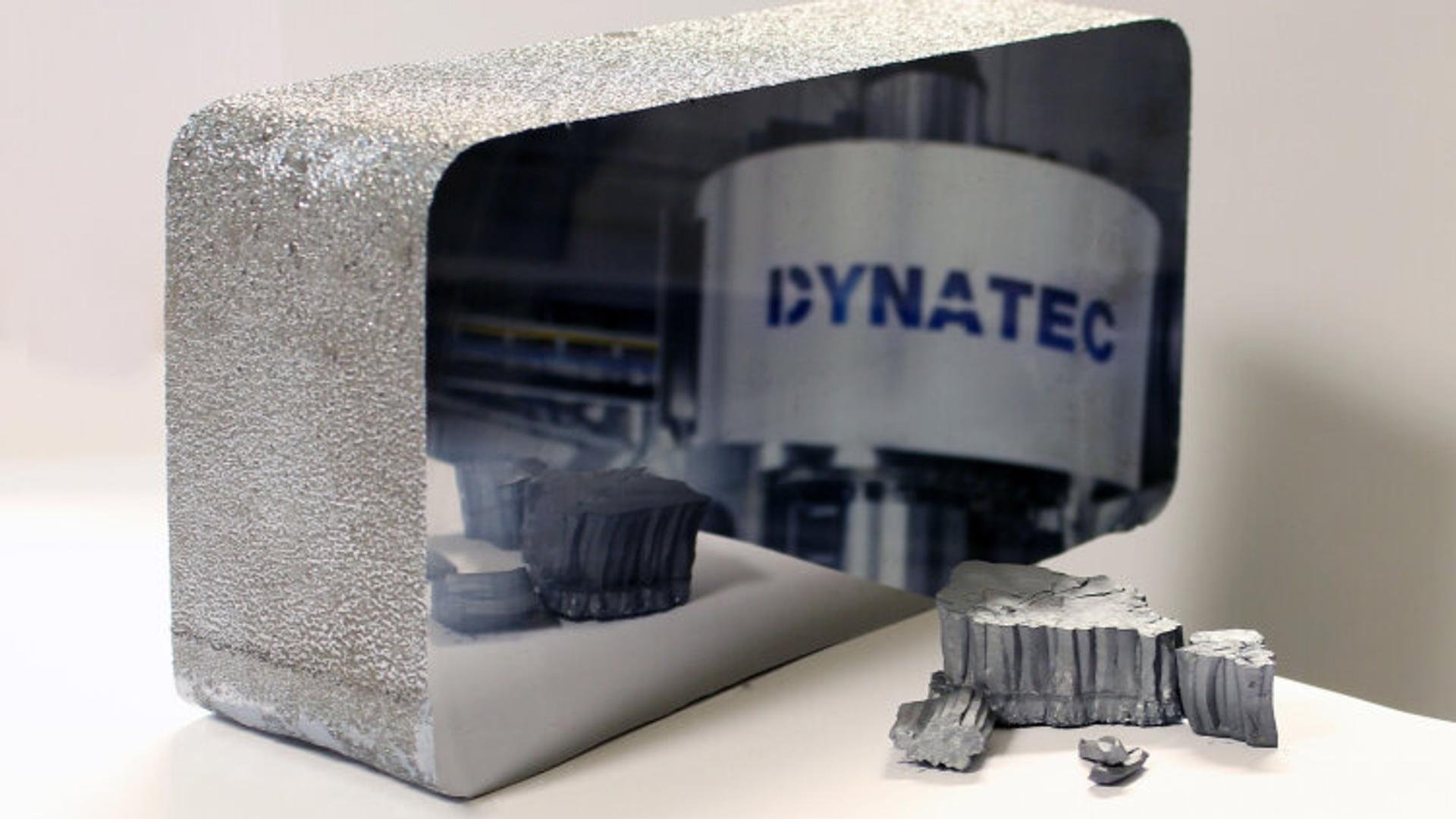Solar energy shines in Norway

Snow, cold and hardly any sun for four months of the year: at first glance, Norway might not seem like the ideal place for a prospering solar energy industry. Nevertheless, Norway is making great strides in developing the technology, materials and solutions needed to make use of the largest energy source in our solar system. Look closer, and one will find all the elements needed for solar companies to thrive: access to clean energy for manufacturing, innovative technology milieus and a commitment to quality.
Moreover, Norway has been one of the world’s leading oil and gas nation for half a century, so Norwegian companies have learned how to get the most out of natural resources that are difficult to harvest.
Here are some of the most important reasons why Norway has become a leading solar energy nation.

A passion for nature
Norwegians love to be outdoors. They flock to their cabins in the mountains, in the woods or by the shore to spend their weekends or holidays in beautiful, peaceful surroundings. This passion for nature has made Norway one of the most attractive markets for solar cells. Although some of the appeal of cabin life is to take a time-out from technology, electricity is still needed to power lamps, radios and, now, mobile phone chargers.
This has led to Norway to become an expert in devising solar energy solutions for out of the way places.

World’s cleanest solar cells
Industry was also bitten by the solar energy bug. By the 1990s, Norwegian manufacturers were already taking the lead in the field. At the turn of the century, the Norwegian company REC was the world’s largest producer of polycrystalline solar cells, with the world’s most advanced manufacturing facilities located in Norway.
Electricity produced by solar cells is the world’s cleanest electricity. As long as the sun shines, we have a limitless source of renewable energy that can be harvested with minimal encroachment on nature. The environmental costs of solar power do not come from producing the electricity, but rather from manufacturing the solar cells. Here, the main culprit is silicon, which cannot be found in its pure state in nature, and must therefore be manufactured.
This requires energy. A lot of energy.
It generally takes a short time to “earn” back the energy used in production of solar cells. However, the energy source used for production has a major impact on the environmental friendliness of solar energy. In other words, using clean energy to power manufacturing plants increases the environmental benefits of solar energy.
This is why Norway is an excellent location for solar cell production. Virtually every single kilowatt powering Norwegian households and mainland industry comes from renewable hydropower. The ecological footprint of solar panels made with materials from Norway is therefore extremely small.
REC Solar’s factory in Fiskå in southwestern Norway has even been awarded a certificate for production of the world’s cleanest silicon.
Not only is Norwegian silicon production the world’s cleanest, it is also the world’s most energy efficient. For example, the company Dynatec Engineering has developed a new method that has been demonstrated to grow silicon 40 times faster and with far greater energy efficiency than other methods.

Leader in off-grid solutions
Off-grid solutions will be playing a major role in the global transition to renewable energy. Renewable off-grid is particularly important in developing countries, where a large proportion of the population does not have access to energy infrastructure. There, these solutions can provide clean energy for sustainable economic development.
Norwegian companies produce small-scale solutions that make people’s lives easier. BRIGHT Products, for example, manufactures some of the best solar powered lamps on the global market, which gather energy during the day and provide light after the sun has set. The company is directly advancing the UN Sustainable Development Goals through its work with the UN High Commissioner for Refugees (UNHCR).
Meanwhile, Solar Village is targeting the African agricultural market. The company manufactures a solar battery that can power appliances such as lamps, mobile phone chargers and TVs, and even handheld pesticide sprayers.

Floating solar
Space is limited in many urban areas, and high-capacity solar parks require vast areas of land. This kind of space is often not available in proximity to the cities and industrial centres where the electricity will be used.
However, with the right technology, solar power can be incredibly flexible. As long as solar power plants are placed where the sun shines, they can theoretically be installed on virtually any surface. Even if the land area around cities and industrial centres is limited, there is still plenty of space on the surface of the sea. Three-quarters of the world’s large cities are situated by the sea, so why not place solar panels in harbour basins or open waters?
Exposure to waves, rough weather and wind is the greatest challenge for floating solar. However, with extensive experience in setting up offshore installations and fish farms in some of the world’s toughest ocean environments, Norwegians are uniquely equipped to tackle this challenge.
Ocean Sun is one of the Norwegian companies specialising in floating solar. Its patented technology is highly robust and inspired by the aquaculture industry.
